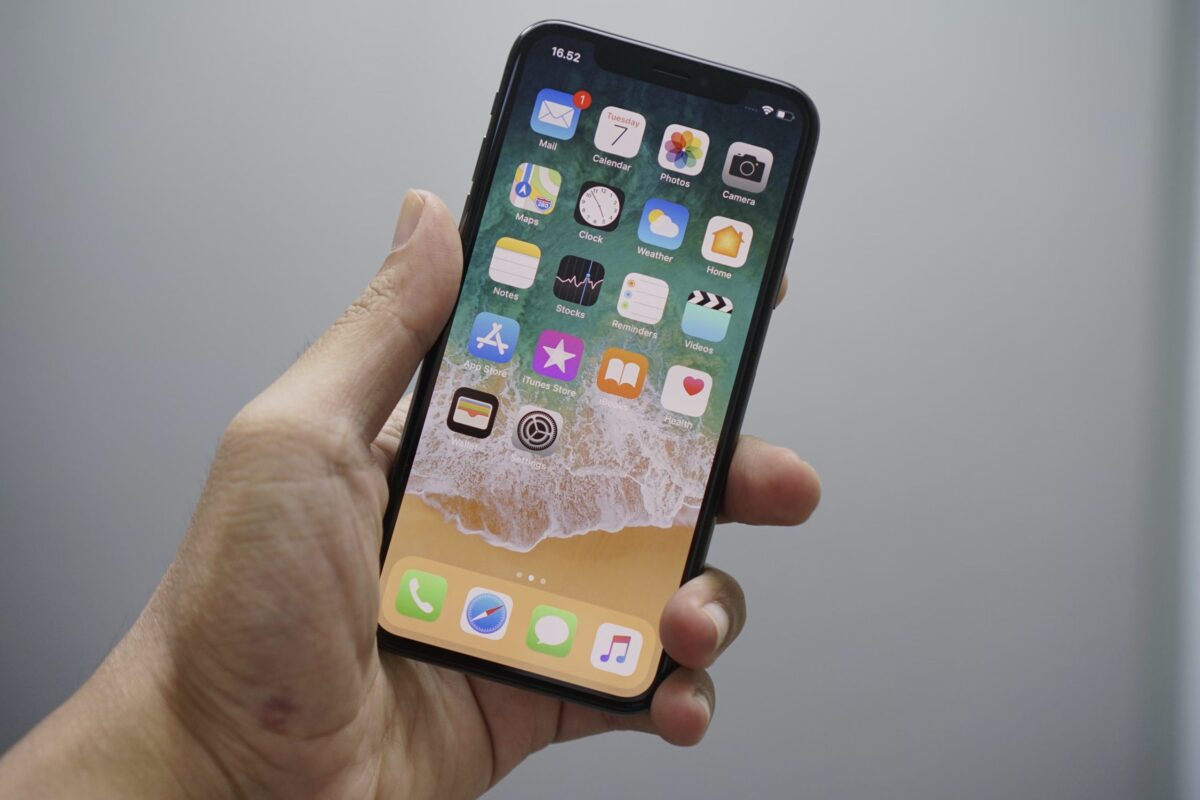The US lawsuit against the tech giant could impact its operations in Europe, where it already faces severe regulatory scrutiny.

In an unprecedented move, the United States Department of Justice, backed by 15 states and the District of Columbia, has launched an indictment against Apple, the technology colossus, for alleged abuse of its dominant position in various markets, including mobile telephony, software, and financial services, among others. This complaint puts in focus not only the iconic iPhone, responsible for almost half of Apple’s revenue, but also its lucrative services segment.
With sales totaling about $300 billion for the iPhone and nearly $10 billion for its services, Apple faces accusations of restricting competition and creating a “walled garden” that severely limits consumers’ choices and prevents them from switching to competition, such as Android, thus strengthening its monopoly and allowing it to impose high prices.
The complaint focuses on restrictions imposed by Apple on third-party apps, including iMessage’s limited compatibility with Android messaging services, blocking competing financial services, and restricted access to cloud services and interoperability with devices that don’t. They are branded, like non-Apple smart watches.
Merrick Garland, Attorney General of the United States, has stated that Apple has maintained its monopolistic position not only through technological innovations but also by violating competition laws. For its part, Apple has rejected the accusations, claiming that the lawsuit jeopardizes its identity and the superior quality of its products in a highly competitive market.
This complaint in the United States could have significant repercussions in Europe, where Apple already faces intense scrutiny for similar practices. The European Commission has previously accused Apple of anti-competitive practices related to Apple Pay and imposed sanctions over deals with Amazon, signaling growing regulatory interest in Big Tech’s conduct. Legal action in the United States could reinforce European concerns about competition and precipitate new investigations or regulatory actions on the continent.
The creative community, especially developers of applications and digital services, are closely watching these developments, as they could open up new opportunities in markets hitherto dominated by a few large companies. The final decision in this case could mark a before and after in the way in which large technology companies operate, not only in the United States but also globally.



